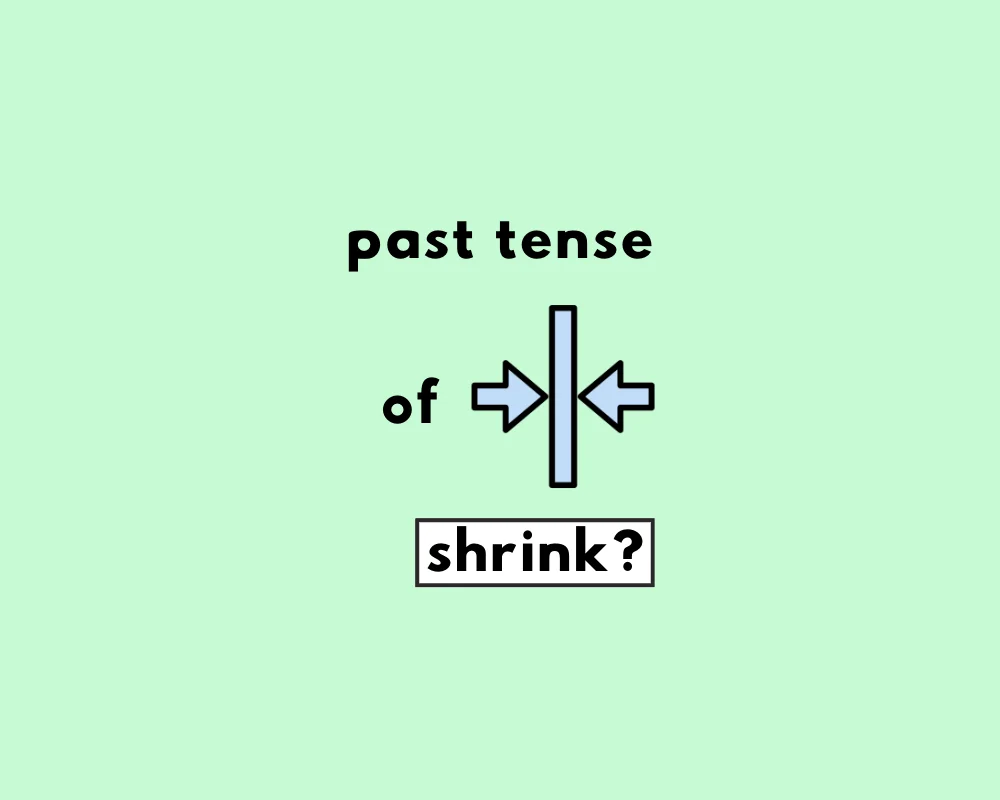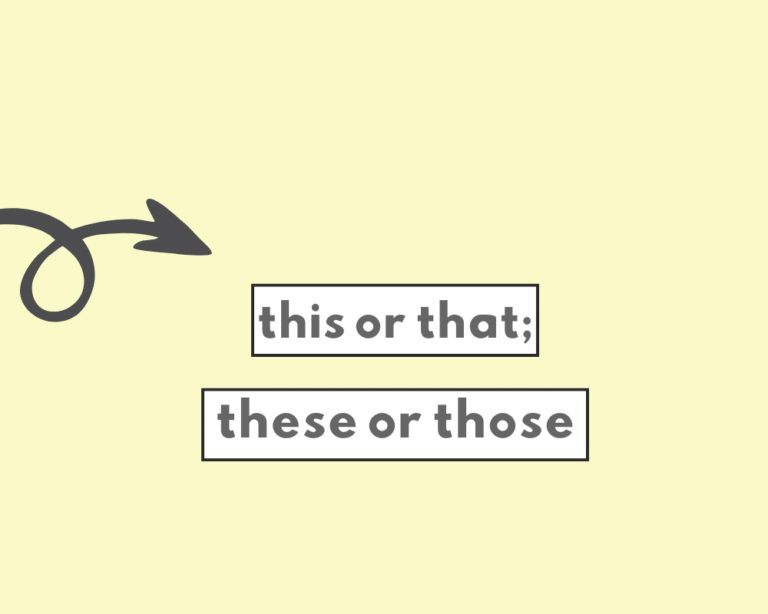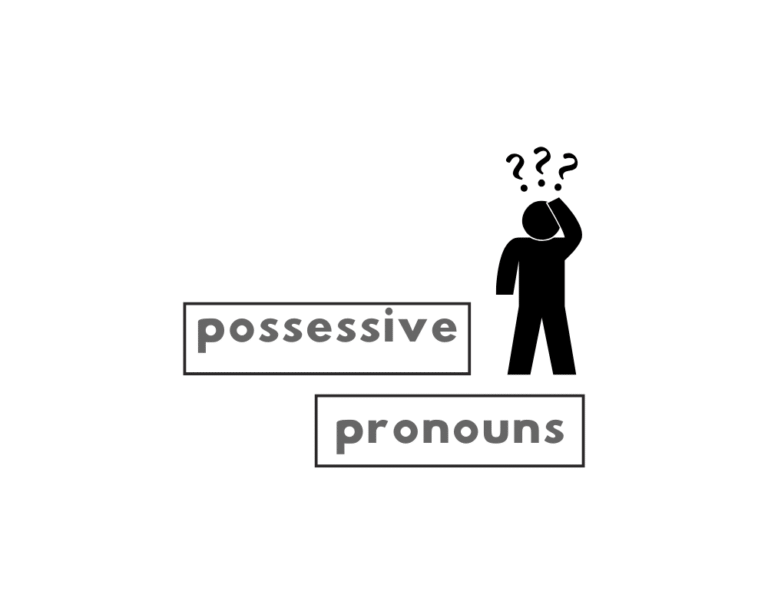
What’s the past tense of “shrink”?
The verb shrink has been a source of contention amongst grammarians. Most agree that the simple past tense is shrank, but is there a generally agreed upon past participle?
My sweater shrank when I accidentally put it in the hot dryer.
The lake has shrunk considerably due to the prolonged dry spell.
The plastic container shrink when exposed to intense heat.
The old, wooden door shrunken over time, making it hard to close.
The short answer is both shrank or shrunk can be the simple past tense and past participle of shrink.
In UK English, shrunk is more commonly used as a past participle. Shrunken is its adjective form: can you grab my shrunken sweater from the closet?
How to conjugate shrink?
The verb shrink is defined by the Oxford Learner’s Dictionary as to, “to become smaller, or to make something smaller: Your sweater will shrink if you wash it at too high a temperature.“
Shrink is also a noun in English, with an entirely separate meaning, i.e., “a clinical psychologist, psychiatrist, or psychotherapist.” A shrink is an informal way to refer to a psychologist or therapist.
| present | past | future | |
| simple | I shrink | I shrank | I will shrink |
| continuous | I am shrinking | I was shrinking | I will be shrinking |
| perfect | I have shrunk | I had shrunk | I will have shrunk |
| perfect continuous | I have been shrinking | I had been shrinking | I will have been shrinking |
|
1. Shrink is in the present tense: Your sweater will shrink if you wash it at too high a temperature. |
|
3. Shrunk is the past participle: ‘You’ve shrunk more than your sweater from the dryer.’ |
Irregular verbs like “shrink”
See other verb forms that have 3 conjugations (like shrink/shrank/shrunk):
| base verb | past tense | past participle |
| stink | stank | stunk |
| shrink | shrank | shrunk |
| sing | sang | sung |
| sink | sank | sunk |
| ring | rang | rung |
| spring | sprang | sprung |
| drink | drank | drunk |
When to use shrank or shrunk
| Word Form | Examples |
|---|---|
| Past Tense | Past tense: I shrank my sweater by putting it in the dryer! |
| Past Participle | Past participle: ‘You’ve shrunk more than just your sweater from putting it in the dryer.’ |
The difference is in the past simple tense being a tense (slice of time) in which an action or event occurred and was completed. The past participle is a form of verb that does not, on its own, convey tense, and so uses a helping or auxiliary verb, such as had/have/has. Beyond that, the past participle forms the passive voice, and one of the perfect tenses. The perfect tense is a verb form that shows an action or state of being as complicated, but focuses more on the outcome or ‘resulting state rather than the occurrence itself.’
Examples of shrink in the present simple tense—
| Word Form | Examples |
|---|---|
| Other | Your sweater will shrink if you wash it at too high a temperature.
Hungary may have to lower its hopes of shrinking its state sector. The treatment should shrink the tumour. She wanted to shrink away and hide. Will this shirt shrink in the wash? |
Examples of shrank in the past simple tense—
| Word Form | Examples |
|---|---|
| Other | My sweater shrank in the wash.
He shrank the material and sank the boat. The gloves have shrunk and no longer fit my hands! The child shrank behind the sofa as his father shouted at him. Their profits shrank by 4% last year. |
The pattern: drink/drank/drunk for shrink/shrank/shrunk.
Examples of the past participle shrunk—
| Word Form | Examples |
|---|---|
| Other | The show’s audience has shrunk in the last few months.
The company’s profits have shrunk from $5.5 million to $1.25 million. I shrank my sweater by putting it in the dryer! The internet in a sense has shrunk the world. I accidentally put your jeans in the dryer and have shrunk them. |
| Word | Similar words |
|---|---|
| shrink | lessen, reduce, decrease, bring down |
Origin of the word stink
From etymology online on shrink (v.):
Middle English shrinken, from Old English scrincan “to draw in the limbs, contract spontaneously, shrivel up; wither, from Proto-Germanic *skrink-.
Read more about verb conjugations!
- What’s the past tense of spread?
- What’s the past tense of lead?
- What’s the past tense of choose?
- What’s the past tense of fly?
- What’s the past tense of lay?
- What’s the past tense of drive?
- What’s the past tense of draw?
Learn more about verbs
- What are regular and irregular verbs?
- Transitive and intransitive verbs?
- What are verbs?
- What’re personal pronouns?
- What’s the difference between they’re, their, and there?
- Whose vs who’s?
Sources
- Etymology online, origin of shrink.
- Definition of shrink.
Worksheet
What is a common simple past tense form of “shrink” mentioned in the post?
According to the post, what form of “shrink” is most commonly used as a past participle in UK English?
In the context of the post, what part of speech is the word “shrunken” typically?
Which auxiliary verbs does the post state are used with the past participle form of “shrink” for perfect tenses?
Which sentence uses a simple past tense form of “shrink” correctly, based on the examples in the post?
My favorite shirt when I washed it in hot water.
The lake has considerably due to the prolonged dry spell.
His confidence after failing the test.
The balloon slowly as the air leaked out.
Have you ever something valuable in the laundry?
FAQs
What is the simple past tense of shrink?
+
When should I use “shrunk”?
+
What is the difference between shrank & shrunk?
+
Is “shrunken” a verb form of shrink?
+
Can both shrank and shrunk be simple past?
+
Yash, D. "What’s the Past Tense of Shrink? Shrank vs. Shrunk." Grammarflex, Jul 15, 2025, https://www.grammarflex.com/shrank-or-shrunk-whats-the-past-tense-of-shrink/.











